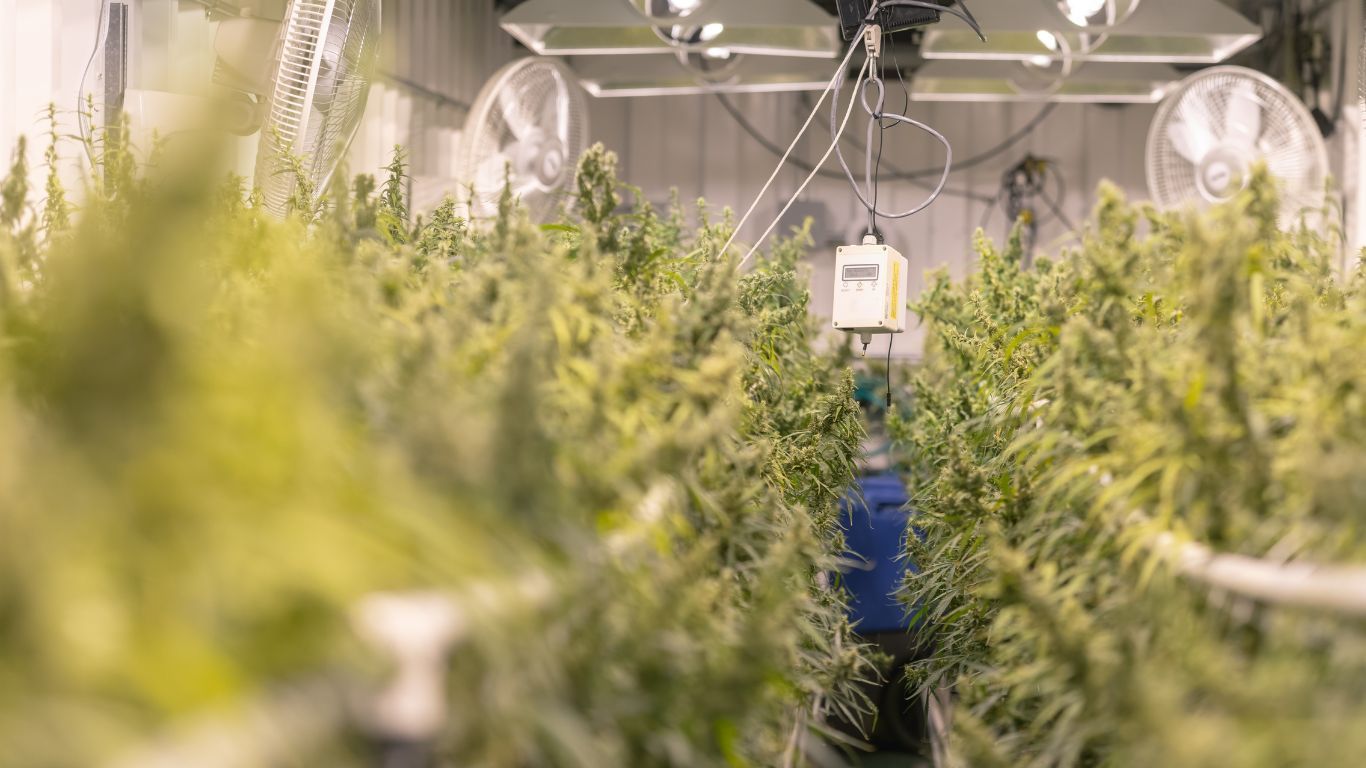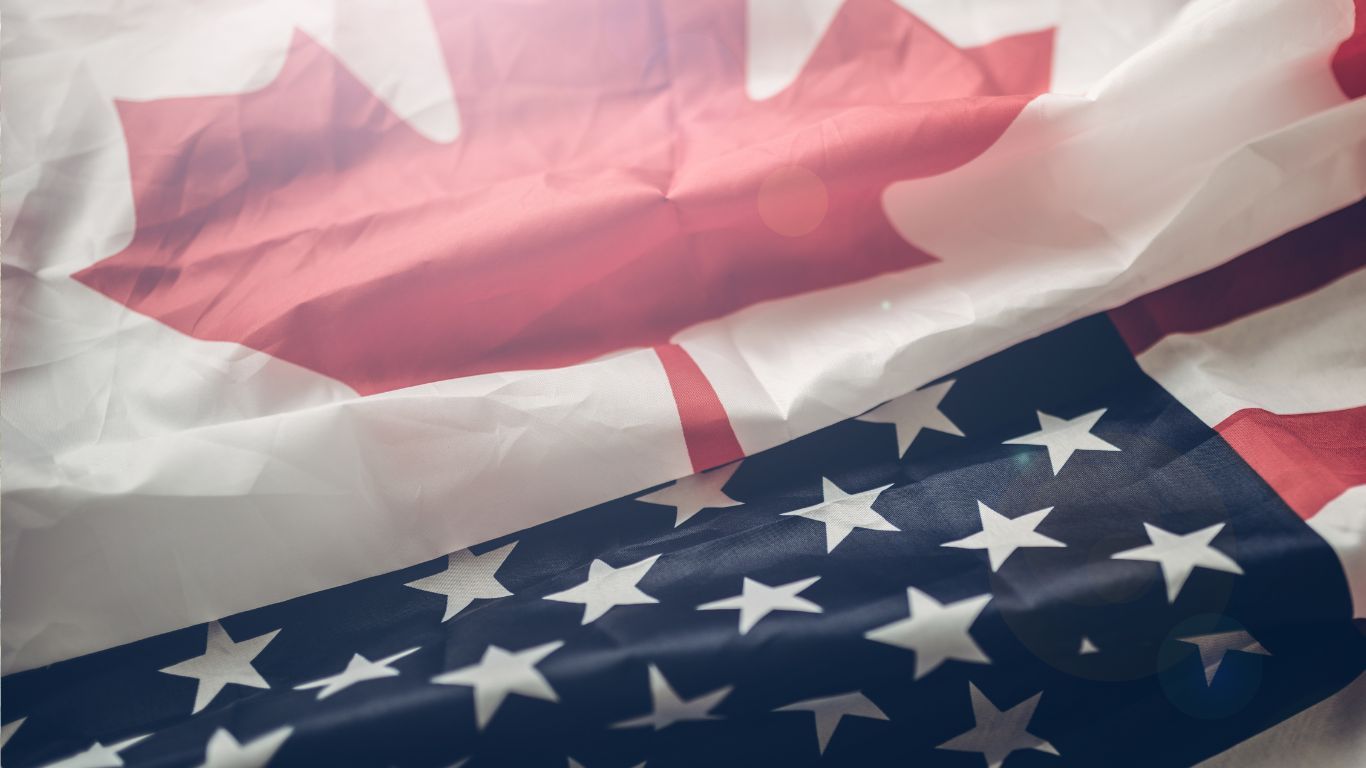
As a way to improve access to cannabis for medical purposes, the federal government’s expert review panel is suggesting allowing sales through pharmacies.
The recommendation, part of a recent report based on a review of the federal cannabis legislation, was one of about a half dozen relating to Canada’s medical cannabis regime, which also included calls for more research and education campaigns.
Currently, those who are authorized to access cannabis for medical purposes in Canada can only purchase it online through specific medical providers. While there have been a few pharmacies, including Shoppers Drug Mart, that received federal licences allowing them to store cannabis on-site by acting as one of these licensed producers, the examples were few and far between. Shoppers exited the medical cannabis market in 2023.
“We have a massive doctor shortage. When patients have questions, who do they turn to? Us, pharmacists. This is no different with cannabis.”
Rahim Dhalla, Hybrid Pharm
The expert panel’s report recommends keeping the existing model of online sales but proposes expanding that model to also obtain cannabis in-person at pharmacies.
From that report, in part:
“Pharmacies are equipped to manage many types of products. We believe pharmacy systems and infrastructure can be adapted to handle cannabis, given they already manage controlled substances, such as narcotics. Enabling this form of access would address patient concerns about the delays with mail delivery and product shortages they encounter today. It would also provide patients with an opportunity to consult with pharmacists and be counselled on effects on mental health (such as psychosis) and issues of medication management (for example, getting advice about contraindications and interactions with other substances).” Rahim Dhalla, a pharmacist, medical cannabis consultant, and CEO at Hybrid Pharm, a pharmacy and cannabis and wellness centre near downtown Ottawa, thinks the proposals are a good step in the right direction.
Hybrid Pharm currently has a medical cannabis licence with possession licence that allows them to sell cannabis directly to registered patients. Allowing pharmacies to bypass such federal licensing and dispense cannabis as they would any other controlled product would significantly improve access, he says. (Note: This article has been corrected to indicate that Hyrbid Pharm has a medical sales license with possession, not a processing licence).
“As I have been doing this for five-plus years now, I have learned many things. We have a massive doctor shortage. When patients have questions, who do they turn to? Us, pharmacists. This is no different with cannabis.
“I get phone calls daily about dosing, adjustments, side effects, etc. We have patients that prefer coming to see a person vs online ordering. Some patients do not even know how to order online. Improving access to patients through pharmacy distribution will have a net positive on the industry as well as acceptance by the healthcare communities.”
The issue of pharmacy access for medical cannabis has been a contentious one for many years. The Neighbourhood Pharmacy Association of Canada has in the past said that pharmacies are the best place to offer cannabis due to their experience with controlled substances, as has the Canadian Pharmacy Association.
However, other pharmacy organizations in the past have previously opposed such a distribution model, including the Ontario College of Pharmacists. After initially opposing pharmacy distribution of medical cannabis when it was first included in rules back in 2013, the Canadian Pharmacy Association (CPhA) announced in 2016 that they believe pharmacies are the safest way to dispense medical cannabis in Canada.
Deepak Anand, a board member of Medical Cannabis Canada, a medical cannabis advocacy group, and Principal, ASDA Consultancy Services, agrees that the call for pharmacies to carry medical cannabis is a positive one.
“The panel’s recommendation to establish an in-person pharmacy access channel is a significant improvement to the medical access regime. It would benefit patients by addressing concerns about delays with mail delivery and product shortages, and allow them to consult with pharmacists regarding drug interactions or side effects.
“Additionally, it is encouraging to see the panel suggest that Health Canada prioritize efforts to integrate cannabis into standard drug approval pathways and conventional medical care, rather than a separate medical access program. This would provide critical and increased avenues for patients to access medical cannabis, reduce stigma, and improve overall patient care.”
Anand says the expert panels’ recommendation that Finance Canada should review whether the excise tax should be applied to cannabis for medical purposes products is also something that Medical Cannabis Canada has long been advocating for.
Any such changes to federal regulations to allow more direct pharmacy distribution models would not happen overnight, and would still require consultation with various federal and provincial pharmacy associations and provincial agencies.











